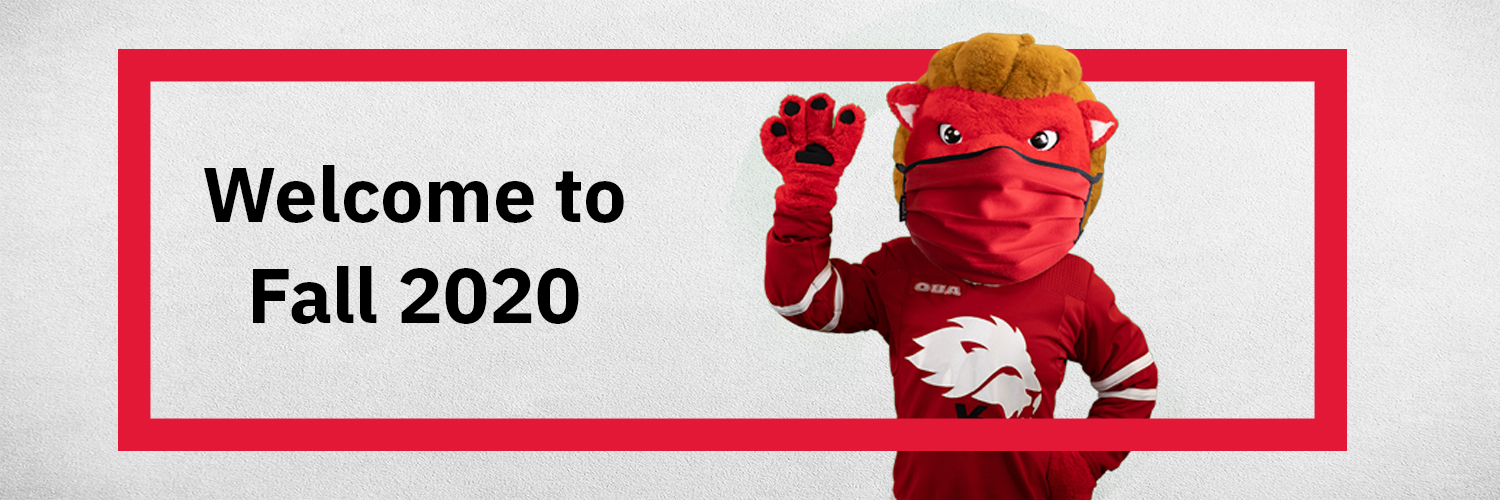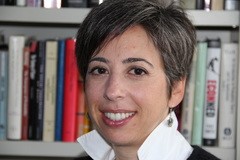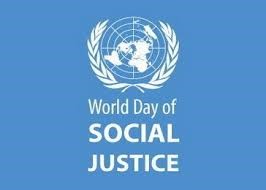McLaughlin College invites the York University community to come and listen to interesting speakers as they share their knowledge on a variety of topics during the popular Lunch Talks Series. The long-running series continues this year in a virtual format via Zoom.
Students who attend six or more Lunch Talks throughout the year will receive a Certificate of Participation, while those who attend 10 or more will receive a Certificate of Honour.
On Sept. 23, attendees can watch and participate in the Inaugural Debate on the Future of Higher Education.
The sudden onset of the COVID-19 pandemic and the resulting and immediate pivot to virtual, remote and and online modes of learning have raised serious questions regarding the future course of higher education. In the face of necessary social distancing measures and the resulting turn to virtual instruction, some have observed that the traditional modes of higher education where face-to-face instruction predominated will be replaced inevitably by video conference, online platforms and asynchronous instruction, while others have noted that the future of higher education still lies in its long well-established and distinguished past of in-person instruction.
At this talk, a panel of speakers will consider whether the COVID-19 pandemic will change inconvertibly the future of higher education from the traditional in-person on site mode of delivery to remote and/or online virtual modes of delivery.

The panel will be moderated by James Simeon, head of McLaughlin College, and will include Charles Hopkins, the UNESCO Chair in Reorienting Education towards Sustainability at York University and an advisor to the UN University’s Institute of Advanced Studies in Sustainable Development; Norma Sue Fisher-Stitt, a professor in York’s Department of Dance; David Leyton-Brown, professor emeritus in York’s Department of Politics; and Jennine Rawana, head of Calumet College, an associate professor in the Department of Psychology at York and an executive member of the LaMarsh Centre for Child and Youth Research.
Following the presentation, participants will have an opportunity to ask questions and cast a vote for or against the question.
Those interested in joining the debate, which will take place from 1:30 to 3 p.m, can register here: https://mycentre.apps01.yorku.ca/machform/view.php?id=615246.
On Sept. 25, York community members are invited to attend the online official book launch for Terrorism and Asylum, edited by Simeon.
This book explores terrorism and asylum in all its interrelated and variable aspects and permutations. The critical role terrorism plays as a driver in forced displacement, within the context of protracted armed conflict and extreme political violence, is analyzed. Exclusion from refugee protection for the alleged commission of terrorist activities is thoroughly interrogated. Populist politicians’ blatant use of the “fear of terrorism” to further their public policy security agenda and to limit access to refugee protection is scrutinized. The principal issues and concerns regarding terrorism and asylum and how these might be addressed, in the public interest while, at the same time, protecting and advancing the human rights and dignity of everyone are offered.
The event will be moderated by Simeon and will feature a presentation including Joseph Rikhof, an adjunct professor at the Faculty of Common Law of the University of Ottawa who will be speaking about his chapter in Complicity in Exclusion for Terrorist Crimes, and Selina March, an interdisciplinary researcher holding an MA in Refugee Protection and Forced Migration Studies from the University of London, who will be speaking on her chapter in the book In the Name of the Law: Securitization in Contemporary U.S. Immigration Policy.
The launch, which takes place from 12:30 to 2 p.m., can be accessed via this link: https://yorku.zoom.us/j/98106457862?pwd=Qk5DSlNYRk5CbXg1MjMvTkRUV1hnUT09.
The next talk in the series, titled “Justice for Syria in German Courts,” will take place on Oct. 7.


















 Jennine Rawana is currently the Head of Calumet College and a faculty member in the Clinical Developmental Program in the Dept of Psychology at York University. She is also an executive member of the LaMarsh Centre for Child and Youth Research at York University and a supervising psychologist at the York University Psychology Clinic.
Jennine Rawana is currently the Head of Calumet College and a faculty member in the Clinical Developmental Program in the Dept of Psychology at York University. She is also an executive member of the LaMarsh Centre for Child and Youth Research at York University and a supervising psychologist at the York University Psychology Clinic.
 The third year of the Trump administration recently ended. America’s economy is booming, a new trade deal is in place between the United States, Mexico and Canada, the first phase of a trade deal with China has been negotiated, the American military has been rebuilt, and many other gains have been realized – but the president faces two articles of impeachment: abuse of power and obstruction of congress. How are we to make sense of this?
The third year of the Trump administration recently ended. America’s economy is booming, a new trade deal is in place between the United States, Mexico and Canada, the first phase of a trade deal with China has been negotiated, the American military has been rebuilt, and many other gains have been realized – but the president faces two articles of impeachment: abuse of power and obstruction of congress. How are we to make sense of this?



